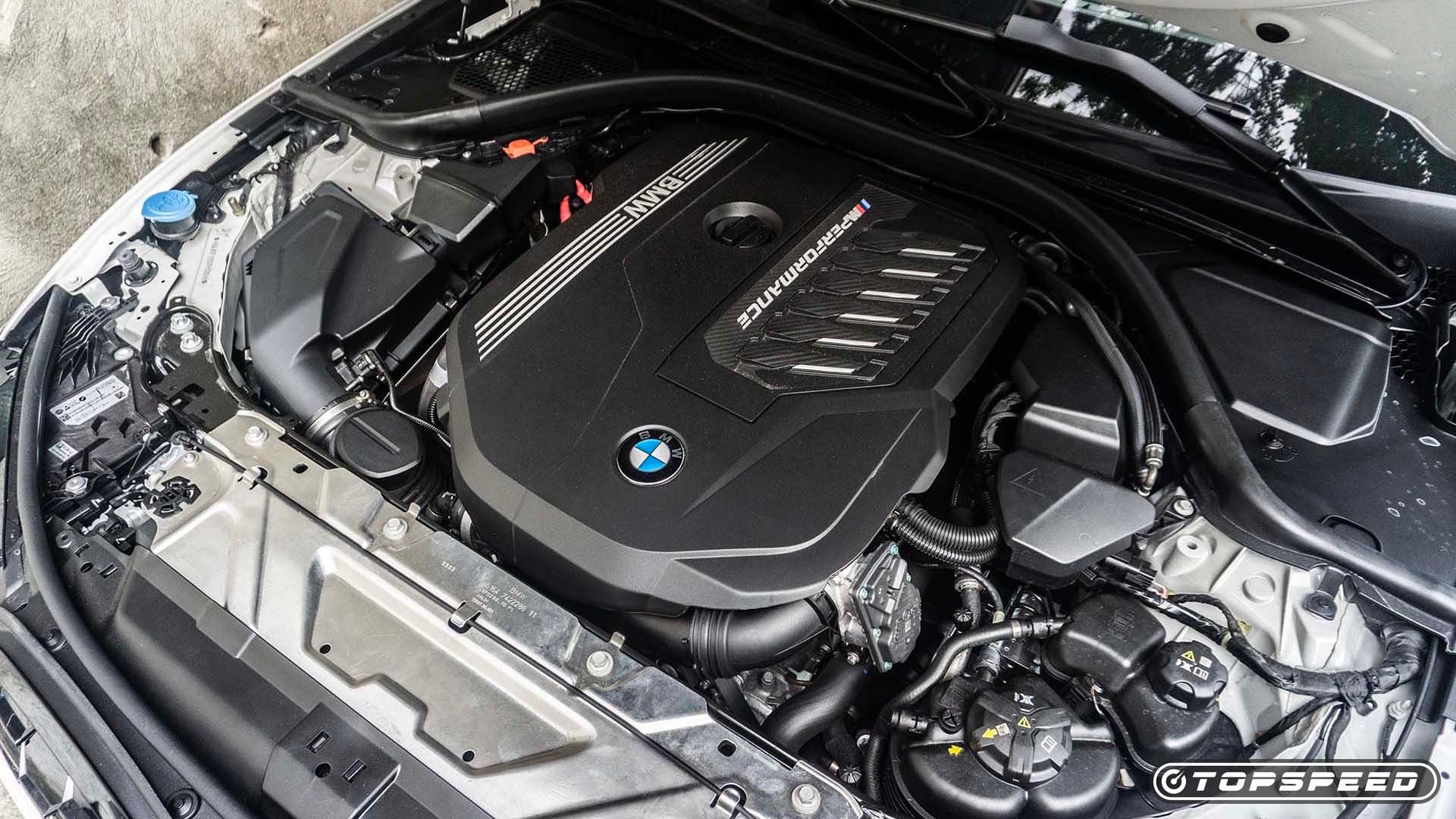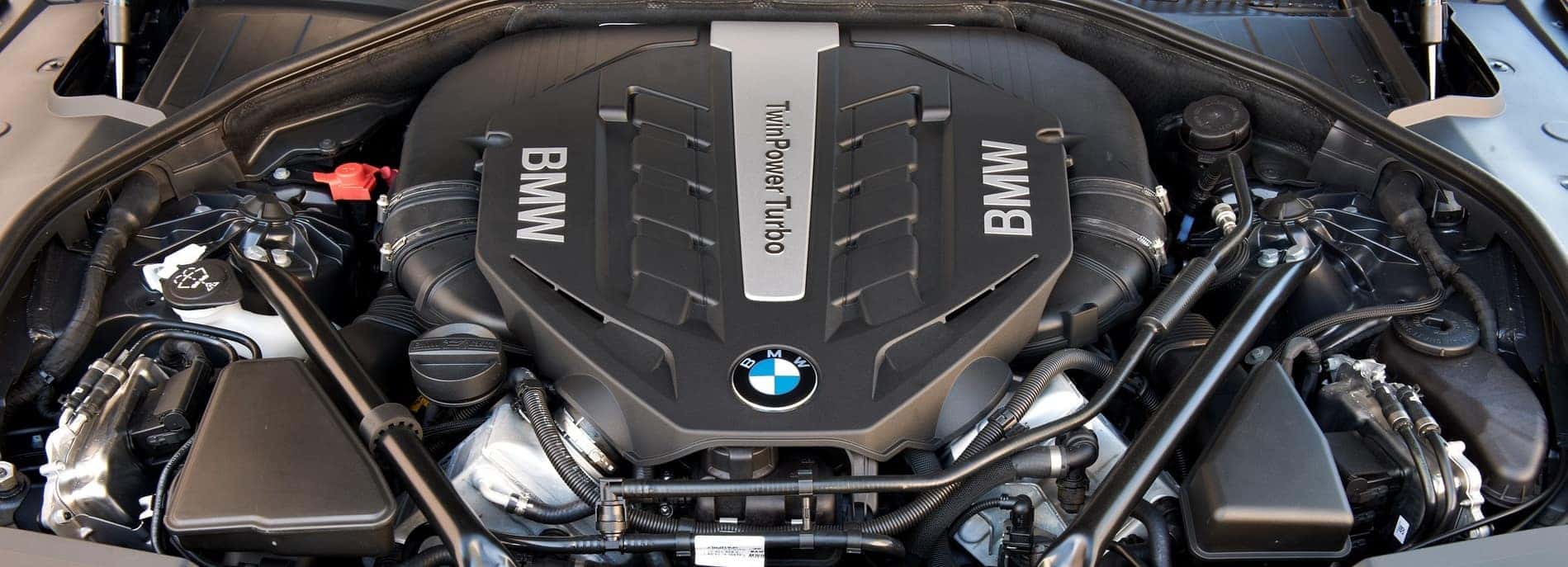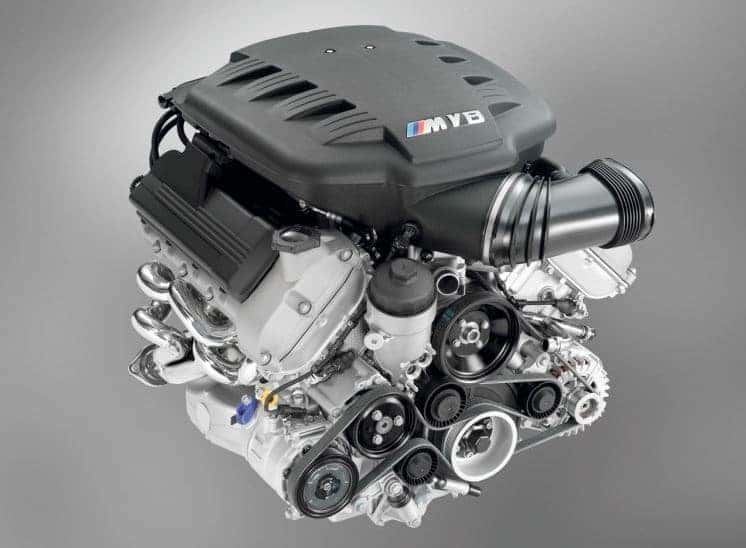Exploring the Efficiency Enhancements of the Latest BMW Engine Models
Exploring the Efficiency Enhancements of the Latest BMW Engine Models
Blog Article
Unveiling the Intricacies of Next-Generation Power Units: a Deep Dive Into Advanced Engine Innovations and styles
As we stand on the precipice of a new era in transportation, the complexities of next-generation engine styles bid us to explore the cutting-edge technologies and technologies that assure to redefine the driving experience. Diving much deeper right into the worlds of emission control, intelligent engine administration systems, and the perspective of power system advancement, we locate ourselves on the cusp of a transformation that assures to reshape the landscape of mobility as we understand it.
Development of Engine Materials

The shift towards advanced engine products has likewise allowed engineers to create engines with greater power outcomes while keeping gas efficiency requirements. For instance, the use of lightweight products lowers the total weight of the engine, leading to enhanced gas economic situation and lower emissions. In addition, innovations in products technology have actually enabled better thermal administration within engines, leading to enhanced reliability and longevity.
Turbocharging and Supercharging Technologies
Just How do Turbocharging and Supercharging Technologies reinvent engine performance and performance in modern-day cars? Turbo charging and turbocharging are innovations that considerably improve engine performance by increasing the quantity of air intake into the burning chamber. Turbocharging accomplishes this by making use of a wind turbine driven by exhaust gases to pressurize the intake air, while turbo charging utilizes a belt- or chain-driven compressor to achieve the very same impact.
These technologies allow smaller, more fuel-efficient engines to generate power equivalent to bigger ones, called downsizing. Forcibly more air into the cylinders, supercharging and turbocharging boost combustion efficiency, causing raised horse power and torque outcome without a significant rise in engine size. This brings about much better velocity, hauling capability, and overall driving efficiency.
Moreover, turbo charging and turbocharging add to enhanced gas effectiveness by permitting the use of smaller engines that eat less fuel under normal driving conditions - bmw engine. This combination of improved efficiency and efficiency has made turbocharging and turbo charging essential parts of many modern engine styles
Discharge Control and Environmental Impact
With enhancing international problems concerning air high quality and ecological sustainability, the application of exhaust control technologies in cars plays a crucial role in minimizing harmful contaminants released into the environment. Modern automobiles are furnished with innovative emission control systems that help reduce the environmental impact of automobile operations. Catalytic converters, as an example, are developed to convert harmful gases such as carbon monoxide, nitrogen oxides, and hydrocarbons into less hazardous compounds like carbon dioxide and water vapor.
Moreover, developments in engine innovation, such as the combination of exhaust gas recirculation systems and careful catalytic decrease, have substantially added to lowering emissions. These modern technologies operate in tandem to maximize burning effectiveness and reduce the release of harmful toxins right into the air. Furthermore, the development of crossbreed and electrical cars represents an important action in the direction of reducing the general ecological footprint of the transport field.
Intelligent Engine Administration Systems

Furthermore, these systems make it possible for automobiles to meet rigid emissions requirements without jeopardizing efficiency, offering an extra eco-friendly driving experience. The integration of artificial knowledge and machine discovering capabilities in engine administration systems remains to push the boundaries of what is feasible, bring about additional improvements in effectiveness, dependability, and overall automobile performance. bmw engine. As automobile modern technology developments, smart engine management systems will certainly play a vital role fit the future of transport in the direction of a more sustainable and effective direction
Future Trends in Power System Growth
As smart engine administration systems pave the method for improved control and optimization in modern-day vehicles, future trends in power system advancement are poised to redefine the landscape of vehicle propulsion modern technologies. One of the key trends driving innovation in power unit development is the change towards electrification. With an enhancing concentrate on sustainability and decreasing carbon emissions, hybrid and electric powertrains are ending up being extra widespread in the auto industry. These alternative source of power use improved effectiveness and efficiency while straightening with rigorous ecological laws.
Another substantial fad is the combination of sophisticated materials and producing methods. Lightweight products such as carbon fiber and light weight aluminum are being used to decrease overall automobile weight, boosting fuel efficiency and efficiency. Furthermore, improvements in 3D printing and additive manufacturing are allowing the production of intricate engine elements with higher accuracy and toughness.
Additionally, synthetic intelligence and artificial intelligence are playing an important role in maximizing power unit efficiency. These modern technologies enable real-time surveillance and adaptive control, bring about much you could try this out more efficient and dependable power delivery. Generally, future trends in power system development are tailored towards efficiency, efficiency, and sustainability, driving the automobile industry in the direction of a new age of propulsion modern technologies.

Conclusion
In conclusion, the improvements in engine materials, turbocharging, discharge control, and intelligent administration systems have led the way for next-generation power devices. These developments have not just improved efficiency and efficiency however also minimized environmental effect. As modern technology continues to advance, future trends in power unit development find out are likely to concentrate on further improving sustainability and maximizing power output. The complex layouts and advancements in modern-day engines showcase the continuous advancement of automobile innovation.
Exploring the progressive improvements in engine products has actually been pivotal in improving the efficiency and effectiveness of modern-day engines. Over the years, the advancement of engine products has actually played a crucial function in pressing the limits of what engines can accomplish.The shift towards advanced engine materials has likewise allowed designers to create engines with greater power outcomes while preserving fuel efficiency requirements.The application of intelligent engine management systems in modern vehicles has actually changed the means engines are controlled and maximized for efficiency and effectiveness. By gathering data in real-time and evaluating it with sophisticated algorithms, smart engine monitoring systems can adjust to driving styles, environmental variables, and engine wellness to make the most of power outcome while reducing fuel intake and discharges.
Report this page